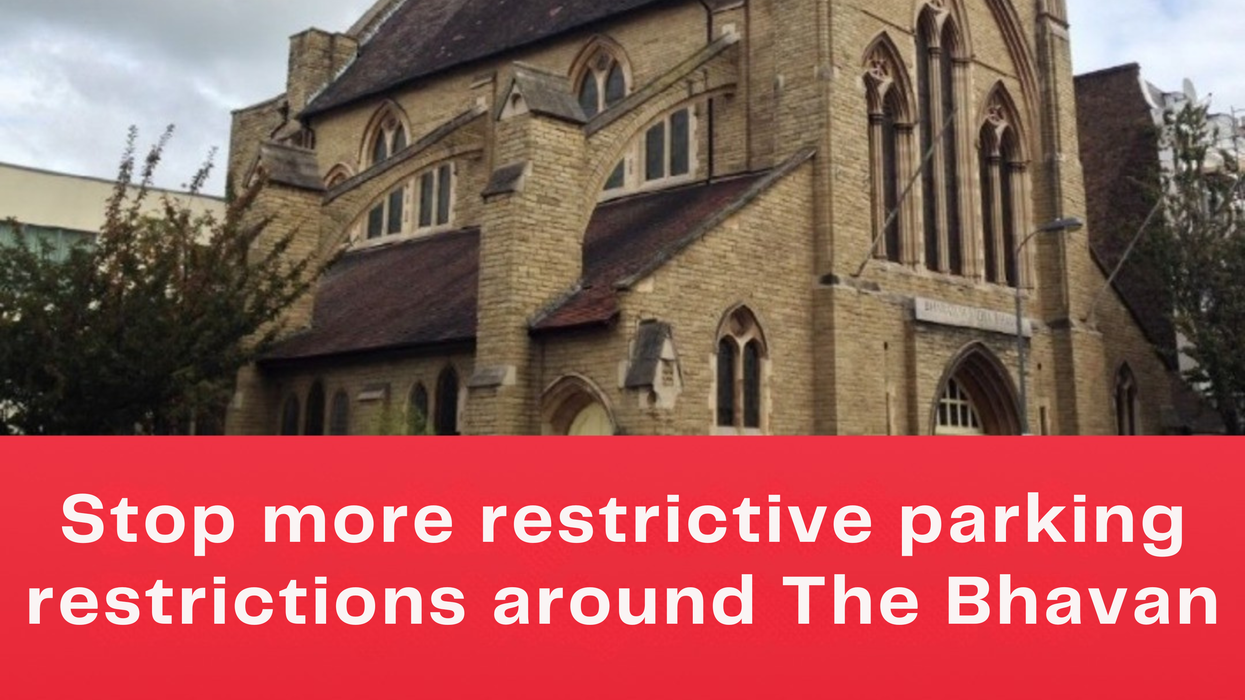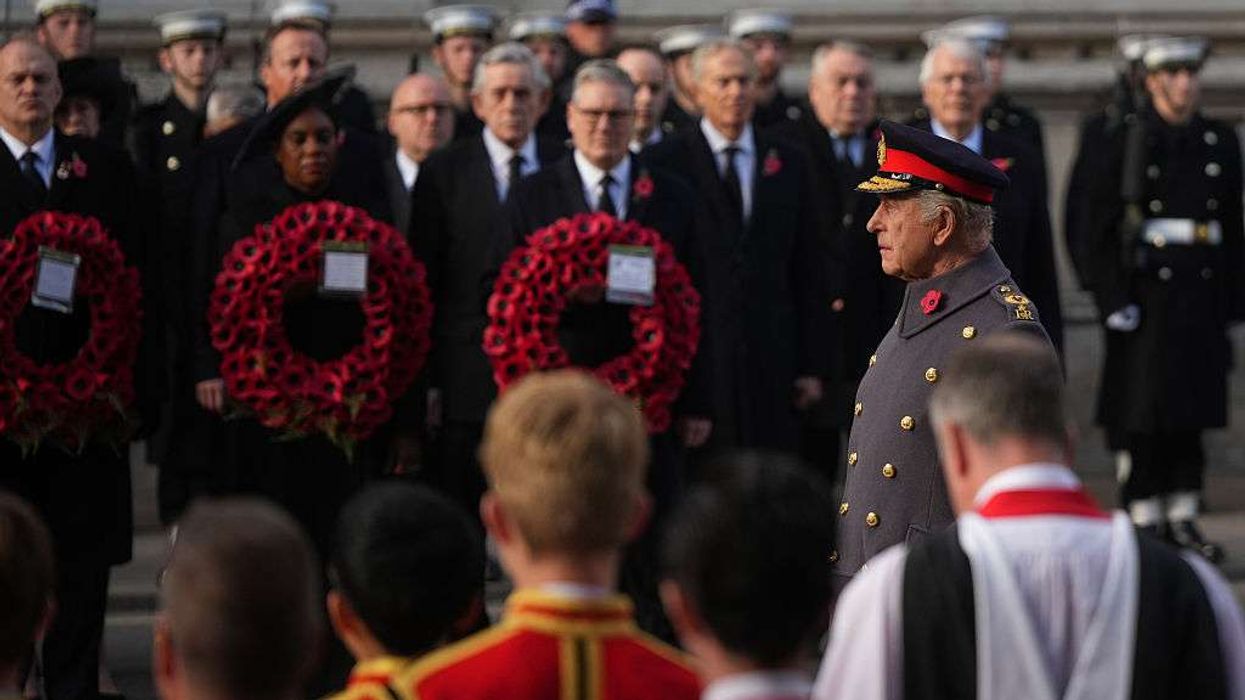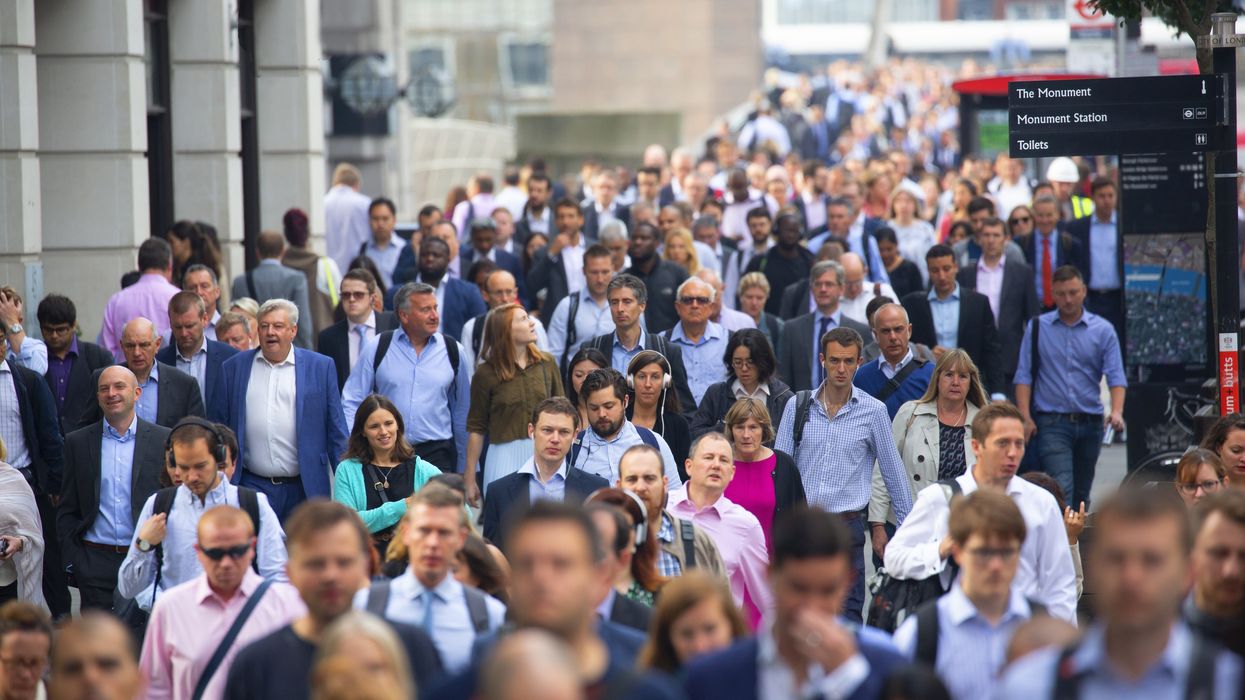WAITING times for cancer patients to begin treatment have risen across the UK over the past 12 years, with a significant surge following the Covid-19 pandemic, according to new analysis of health service data released on Friday (23).
The Office of National Statistics (ONS) reported that, while cancer wait times have remained relatively stable in the last two years, there has been a consistent upward trend since 2012, peaking sharply in 2022 after the pandemic.
In the second quarter of 2024, nearly half of all cancer patients in Wales and a third in England had to wait longer than the recommended 62 days between cancer detection and the start of treatment. In Northern Ireland, this figure reached 66 per cent, based on the most recent data from the third quarter of 2023.
Scotland, where healthcare is managed by the devolved Scottish government, had the lowest rate of delays among UK nations, with just under 30 per cent of patients waiting longer than 62 days. However, this still marked an increase from 5.2 percent in 2012.
The National Health Service (NHS) in Britain continues to struggle with clearing a backlog exacerbated by the pandemic, compounded further by staff shortages and strikes over pay.
'Delay can worsen survival outcomes'
Several studies show that delays in cancer diagnosis and treatment can worsen survival outcomes.
Earlier this year, the European Society for Medical Oncology (ESMO) released a statement on the importance of minimising delays in cancer care.
Two studies led by University College London (UCL) from February looking at four countries showed that UK patients faced the longest wait times for cancer treatment, above Australia, Canada and Norway.
Earlier this week, experts wrote in the Lancet Oncology journal that cancer waiting lists in the UK are "still the worst they have ever been" and that a new cancer plan should be a "key priority" for the new Labour government, which took power in July.
In the article, academics warned that there are "over one in three people waiting more than 62 days for their vital cancer treatment, meaning that there is an increased risk of dying unnecessarily of this disease".
The new government ordered an independent review into the state of the NHS last month, with health minister Wes Streeting acknowledging that the service was "broken".
Polls showed that the NHS was a top priority for voters at last month's election, with the ousted Conservatives widely blamed for letting the service deteriorate during their 14-year tenure. (AFP)













